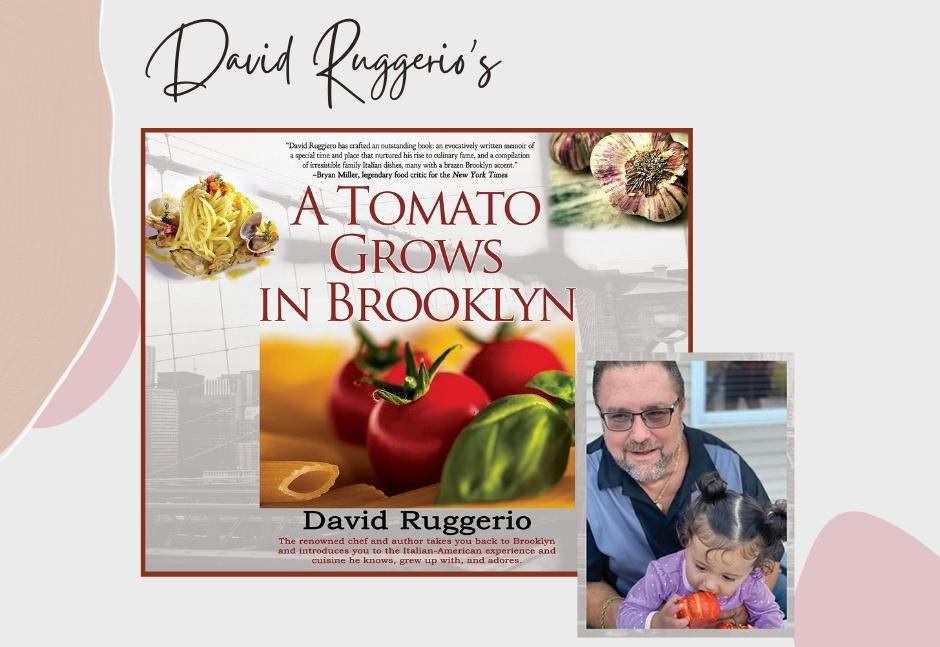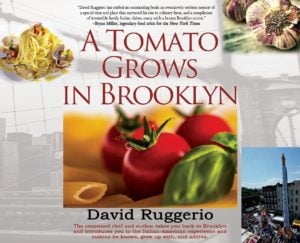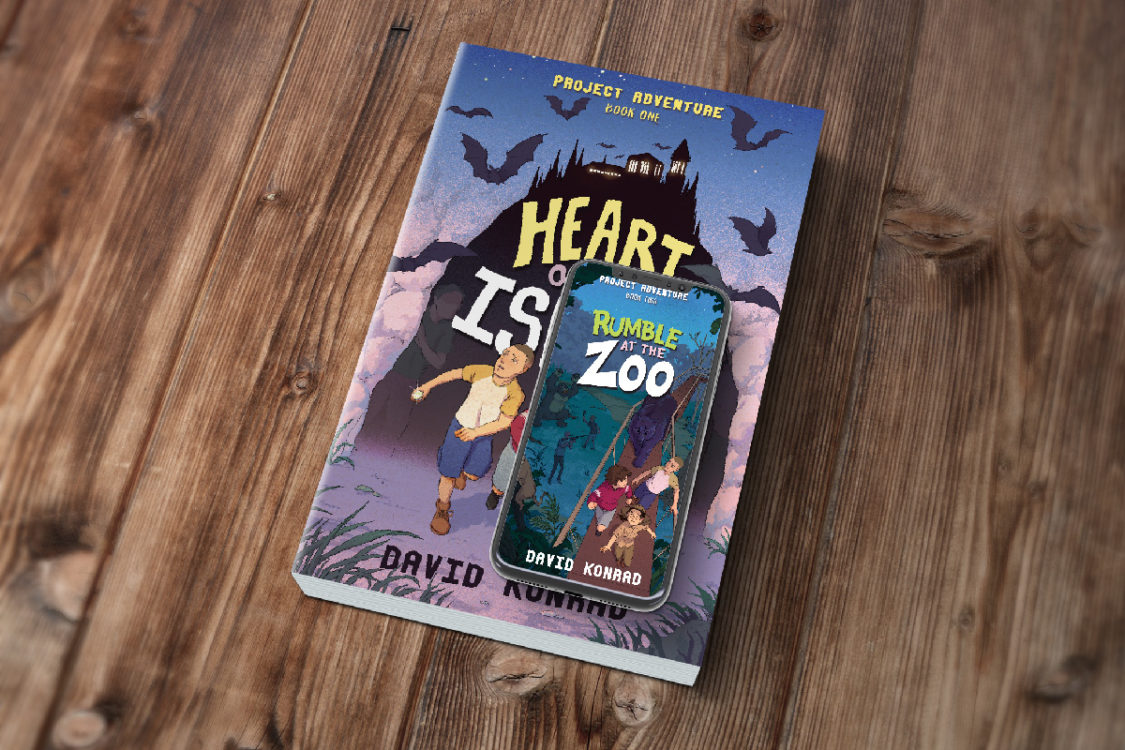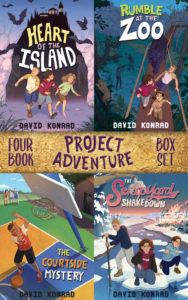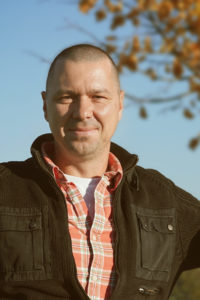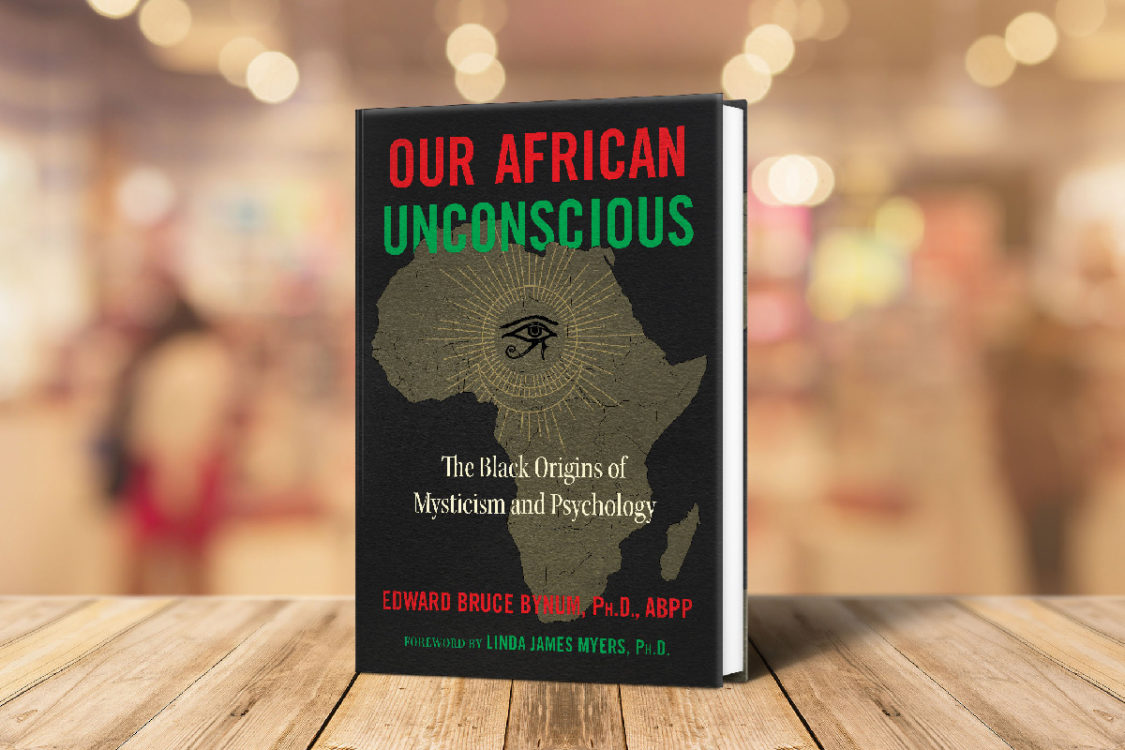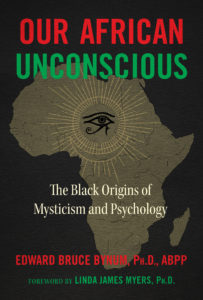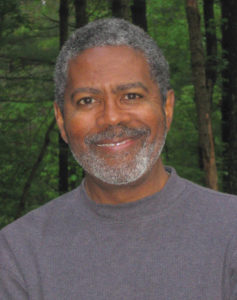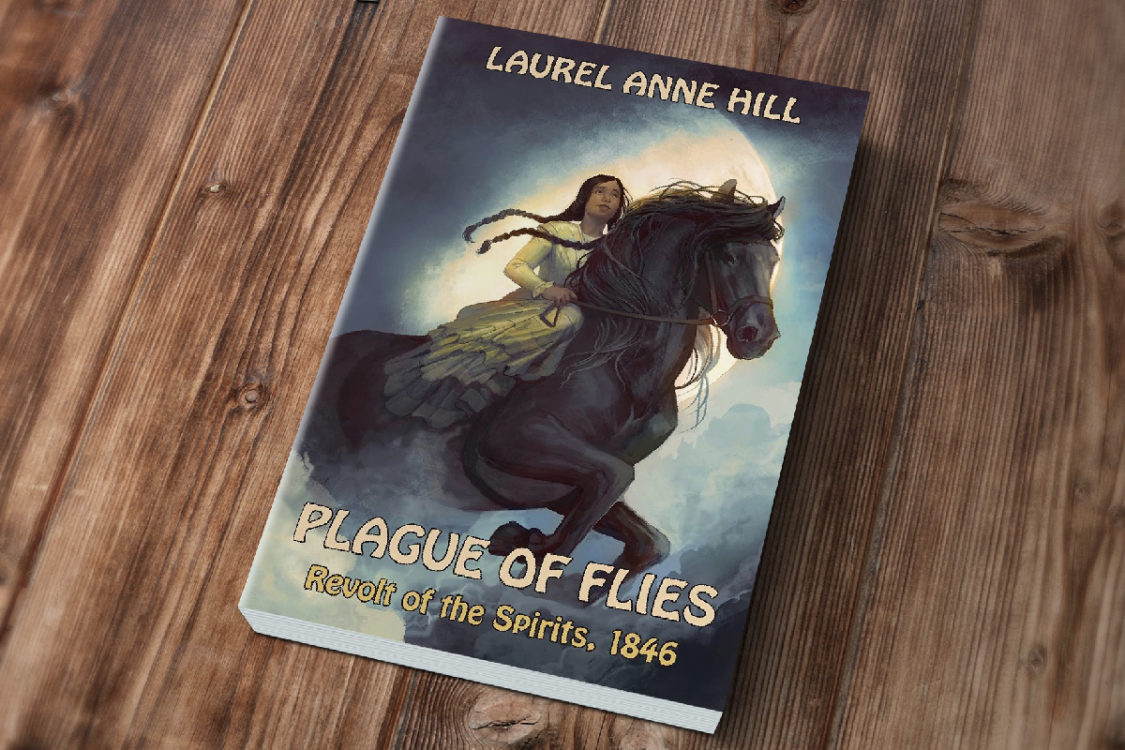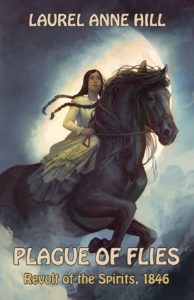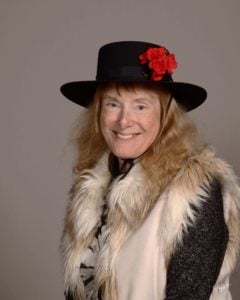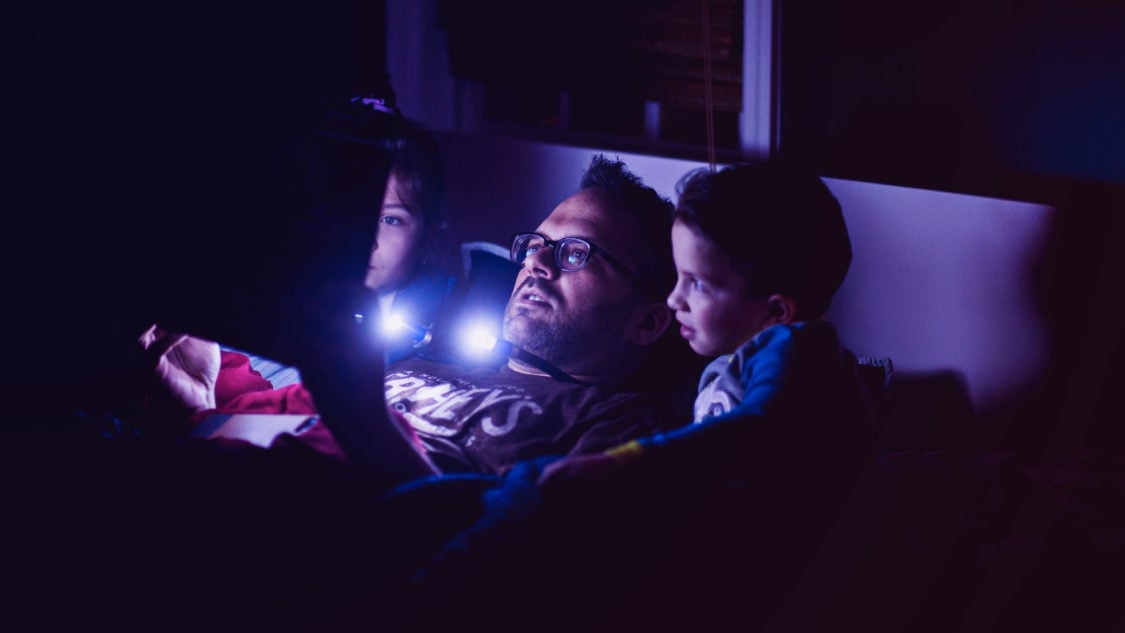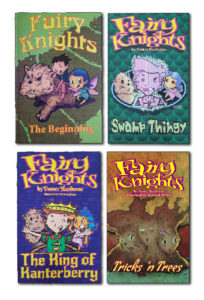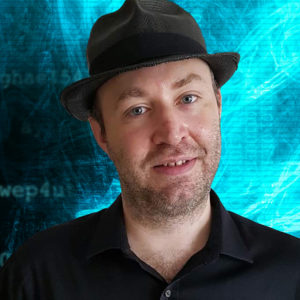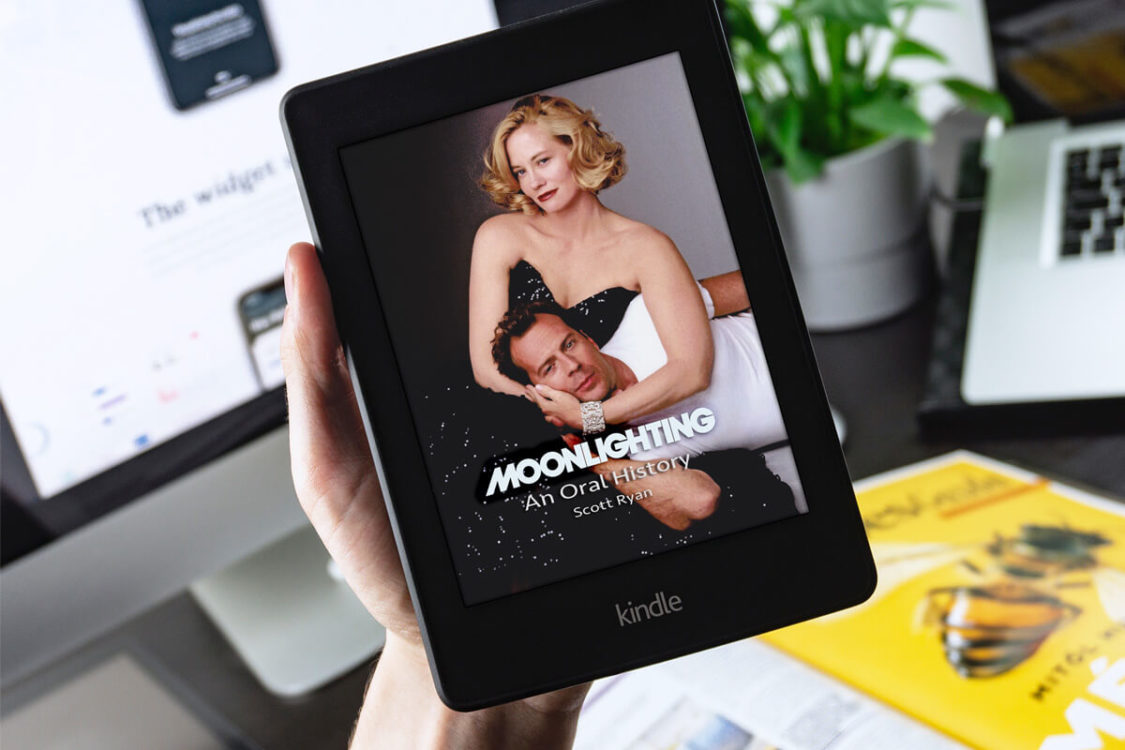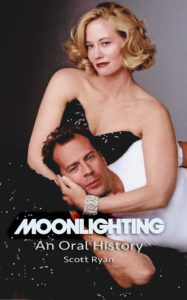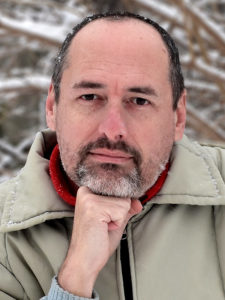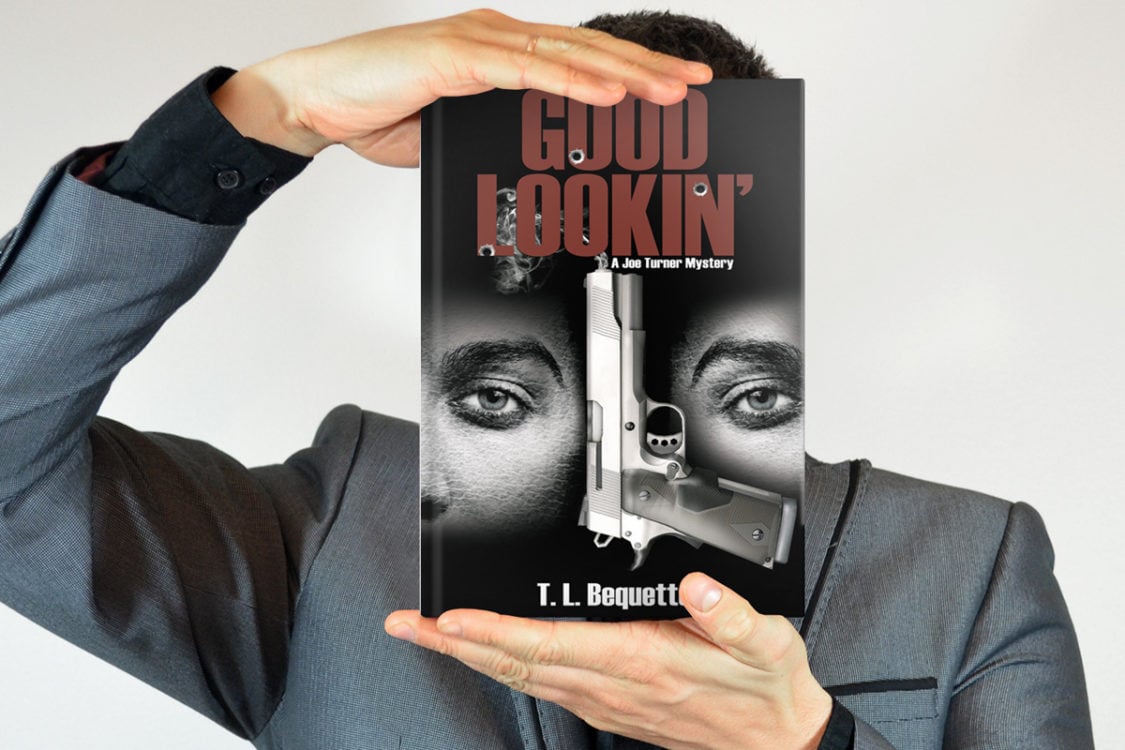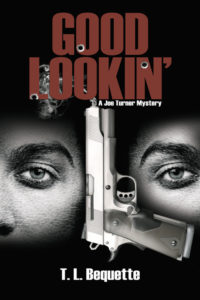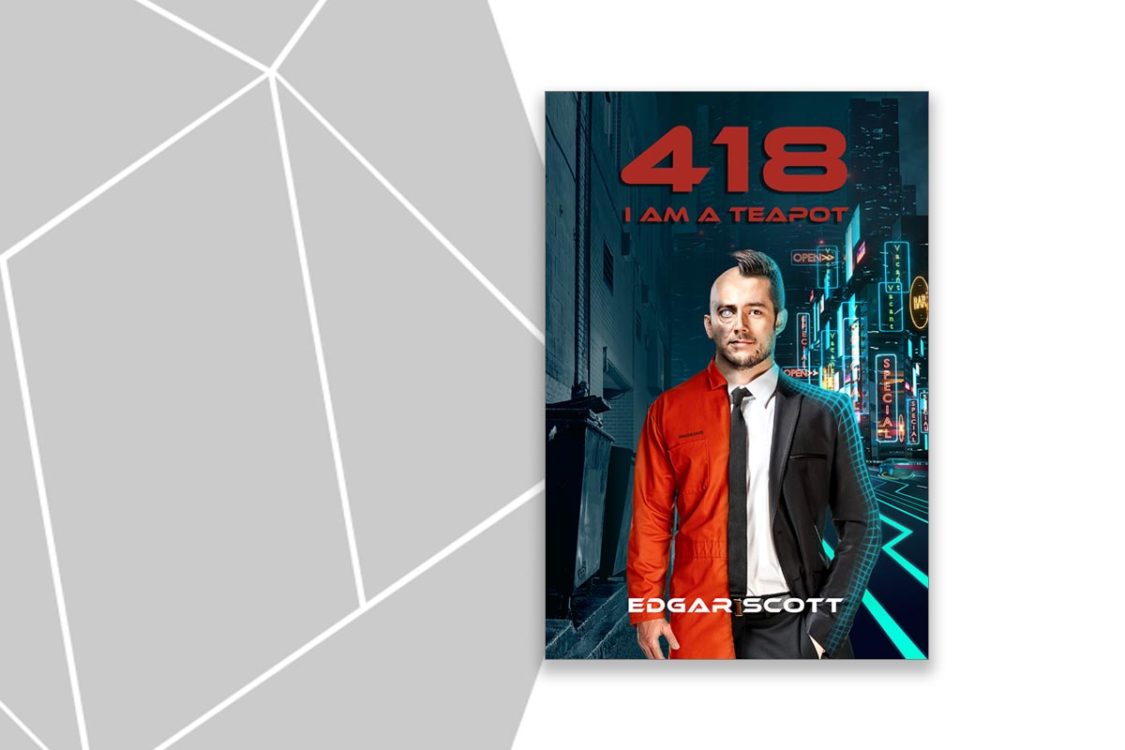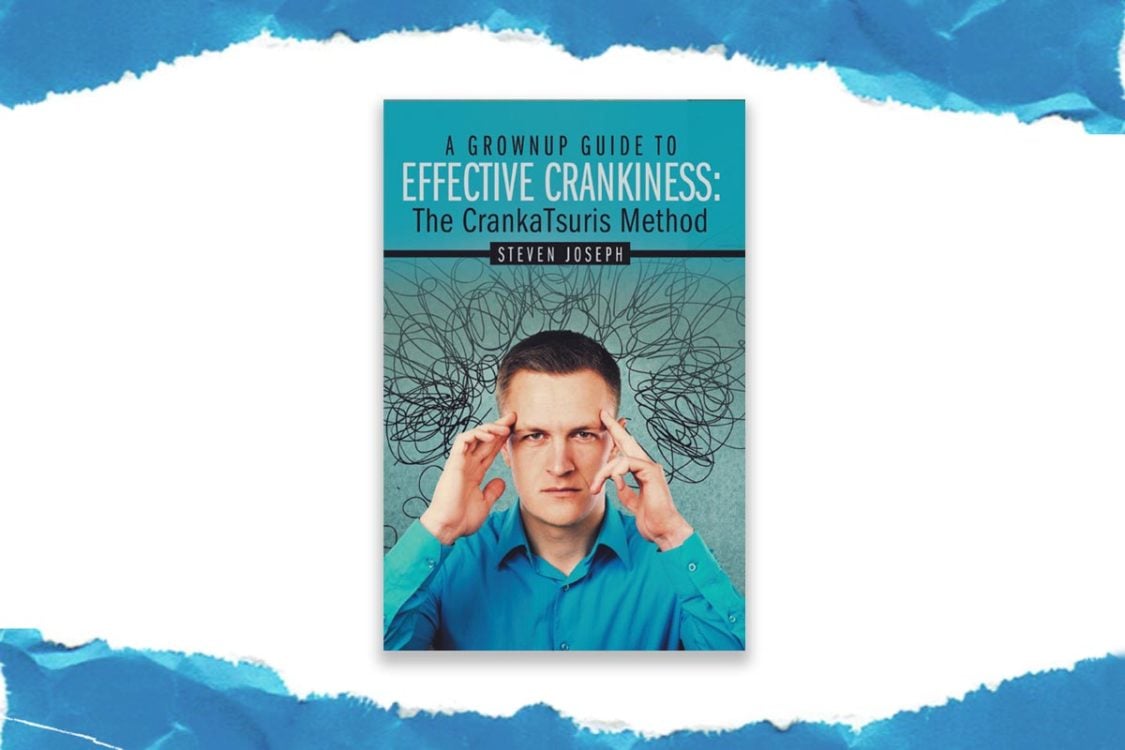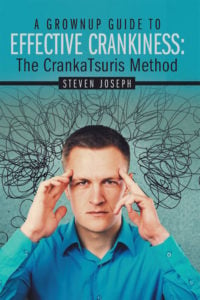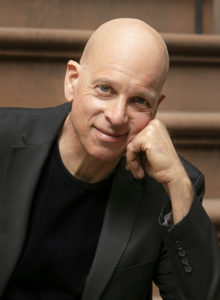There is a reason why historical romance can never lose its charm. Be it movies, Netflix series, or in this case, novels, it lives on. Author Clyve Rose explores the magic of romance from the good ol’ days that entices her and millions of readers into believing in happily-ever-afters.
What inspires you to write?
People inspire me to write – every day, every feeling. I am deeply interested in the varied ways different people move through the world, causing life, love, tears, and joy. People leave large imprints on each other, and within themselves. This is powerful and often heroic.
Let’s talk love, why write love stories, specifically historical romances?
I write love stories for many reasons. It began when my own marriage failed I suppose, and I sought to create happy endings where I could. At the time, these were necessarily on paper. In terms of historical fiction, I have always been a history buff. I also find the history of how human beings relate to one another (or don’t), endlessly fascinating. I believe the reason people still fall in love with Mr. Darcy and Lizzie Bennet is because, after all this time, communication between lovers is still something we flawed creatures stumble our way awkwardly and sometimes disastrously.
What do you think of Bridgerton on Netflix?
I truly think it’s wonderful. I love period pieces taken to screen. Anything with lace and corsets always makes me smile. The adaptation is clever and very well done. The clothes alone would be enough for me, but the entire production is gorgeous to watch.
What’s your favorite story you’ve written and why?
My favorite story is the sequel to Always a Princess, which is due out in 2022. I truly think it’s my best work to date. Growing the characters up over so long a timeframe gave me a lot of room to work.
If there is a movie adaptation of Always a Princess, who do you think would be perfect for the lead roles?
Hmm…Bradley James would look smashing in a red coat as Wil. I’d like a Roma actress to play Syeira. Someone like Salma Hayek – there are hundreds of talented Romani actresses in England and I’d love to see one in the role.
Is there a book you read over and over? Or what is your go-to book to recommend to friends?
Austen’s Persuasion is my comfort read. I love the language Austen uses in her last, and arguably best, work.
Any ritual like a specific scented candle, preferred writing place, or drink that you kept through writing?
Green tea and focus music. I use instrumental soundscapes to assist my focus. I also need a blank wall in front of me – no windows. I am neurodivergent and I need to hold focus to write.
Are you ready for our rapid-fire questions? Let’s go.
Morning person or a night owl
Oh, night owl
Inspirations in the shower or on your walks
When I run, actually.
Classical or Jazz music
Classical for writing. Jazz for wine and chillouts.
Movie night at home or dining out with friends
This is hugely variable – depends on my moods and where I’m at in my writing process.
Your favorite writer of all time
Excellent question – this also varies because the authors I clung to when I was younger do not have the same effect on me now. I do still love sinking into Ondaatje’s In The Skin of a Lion and Austen’s Persuasion. I also love detective novels so Agatha Christie for plotting and Kerry Greenwood’s Miss Fisher for characterization. I like to read fantasy as well and enjoyed the translation of Andrek Sapkowski’s The Witcher novels.
Honestly though, the book I re-read the most is Homer’s Iliad. The language is lovely.
What’s your latest binge-watch obsession?
The Irregulars on Netflix and I’m about to dive into Season 2 of The Witcher. I’ll also be on the lookout for Season 2 of Sweet Magnolias. Season 1 ended on a cliffhanger and I am on tenterhooks to know what comes next – laos, I am a total sucker for romantic dramas.
One word that best describes you?
Determined




